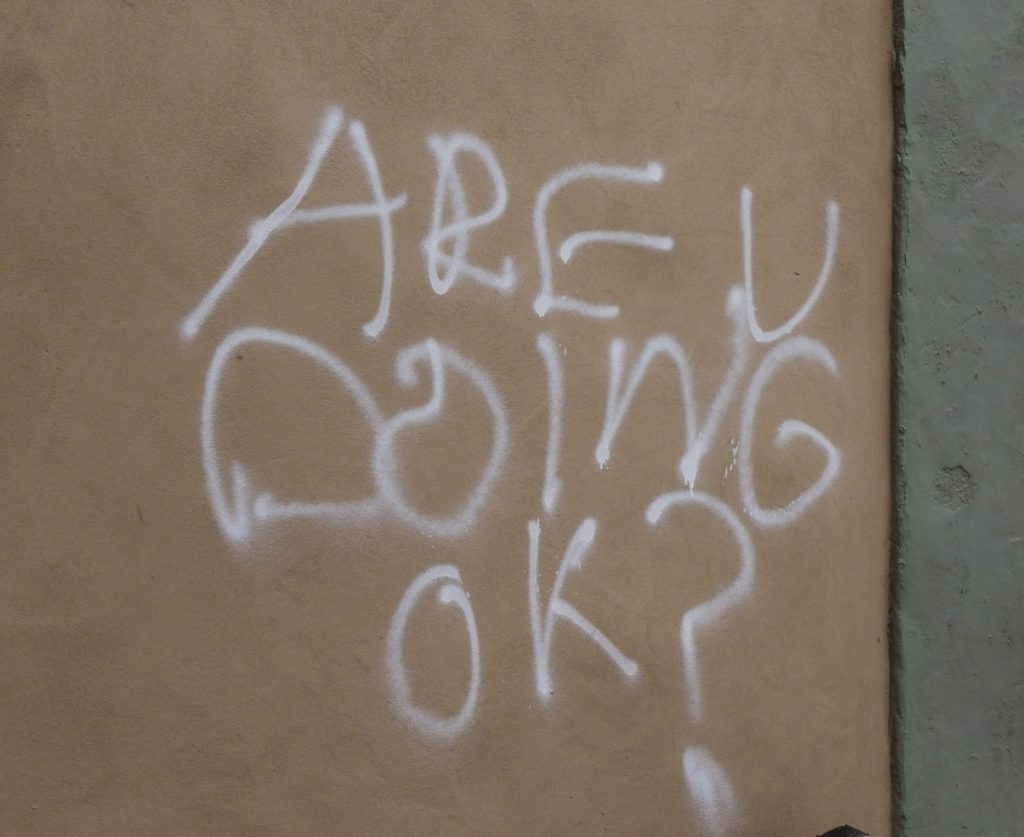
Mental health is a rising issue more than ever before. Why? Well to start, the pandemic has had a major impact and individuals are vocalizing their struggles. Going to therapy and talking about hardships within one’s life is now becoming the new normal because people are realizing that if they do not reach out for help, who can help them? With the world shutting down because of COVID and the negative side effects of being trapped at home, the workforce will need to make adjustments. This is why it is so important for workplace managers or leaders to recognize the growing mental health issues in employees, and especially in Gen Z.
#1
Gen Z is considered the loneliest generation and claims to be in worse health than any other generation. Many researchers believe that social media use alone has been the biggest cause of all. Since Gen Z or “Digital Natives” have always been around technology, it really changes how people view themselves, and treat others. According to Cigna, a research driven website, “respondents defined as heavy users of social media have a loneliness (43.5) that is a higher score than those who have never used social media (Cigna, 2018).”
Facts about Gen Z and mental health:
#2
Western Governors University mentioned, “Only 45 percent of Generation Z individuals say their mental Health is good, or very good. 91 percent of Gen Z said they experienced a physical or emotional symptom due to stress and mental illness in the past year (Western Governors University, 2020).”
#3
On the bright side of things, we now know that Gen Z is more likely than any other generation to vocalize or report their mental health to a professional or someone they trust (Bethune, 2019).

#1
Hold mental health trainings and learn how to notice signs of distress. This will help many understand how it can impact everyone and hold each other accountable.
How managers/ leaders can be prepared:
#2
Provide a company therapist. If the budget allows, think about getting professional help for employees. This way they are able to go when they please, not bring attention to themselves, and feel like they have a safe place.
#3
Promote well-being! This can be as easy as telling employees to take a 10-minute break and walk around or go outside for minute. Talk amongst co-workers and get some fresh air. This can really go a long way.
#4
Check on the environment in the workplace. Is it positive? Is it safe? Do people feel welcomed, valued, and seen? (Rawe, 2020).
Really take the time to consider what is needed most to help the employees, Gen Z and even the managers/leaders in the workplace. Check in on employees and find helpful resources that can benefit the company. In order to start, it does not have to be a huge grand thing but having a small way to engage folks within the company can go a lot further than one could imagine.
Sources:
Bethune, Sophie. “Gen Z More Likely to Report Mental Health Concerns.” Monitor on Psychology, American Psychological Association, Jan. 2019, www.apa.org/monitor/2019/01/gen-z.
“New Cigna Study Reveals Loneliness at Epidemic Levels in America.” Cigna, Multivu, 1 May 2018, www.multivu.com/players/English/8294451-cigna-us-loneliness-survey/.
Rawe, Julie. “Workplace Mental Health: 5 Ways to Support Employee Wellness.” Understood, Understood, 12 Oct. 2020, www.understood.org/en/workplace/rights-at-work/workplace-mental-health-5-ways-to-support-employee-wellness.
Western Governors University. “Stress, Mental Health, and Generation Z.” Western Governors University, Western Governors University, 20 Jan. 2020, www.wgu.edu/blog/stress-mental-health-generation-z1906.html.
